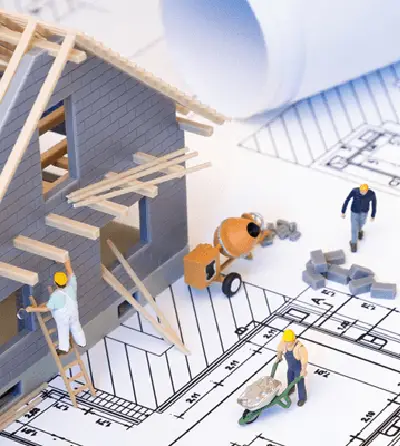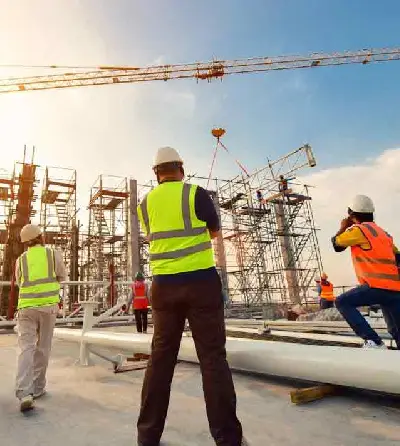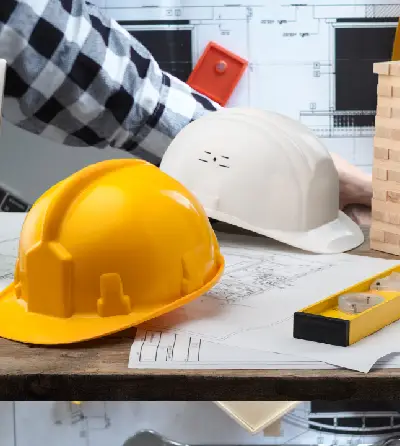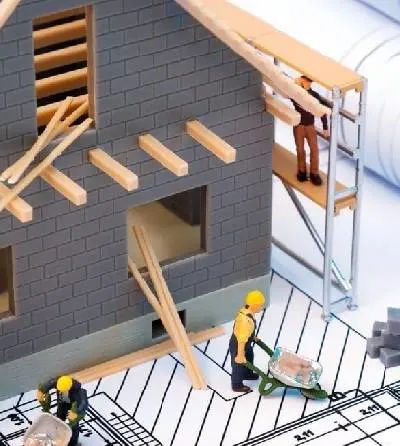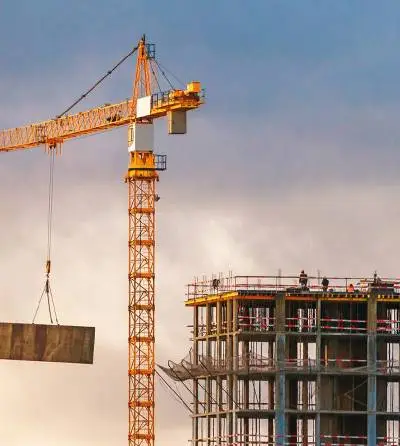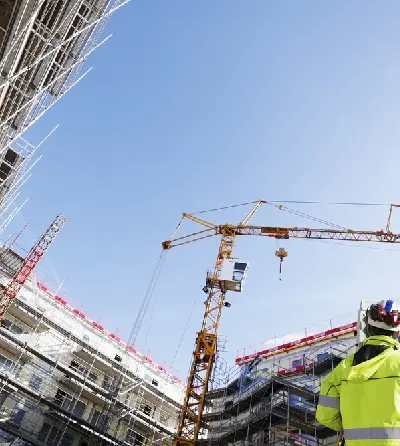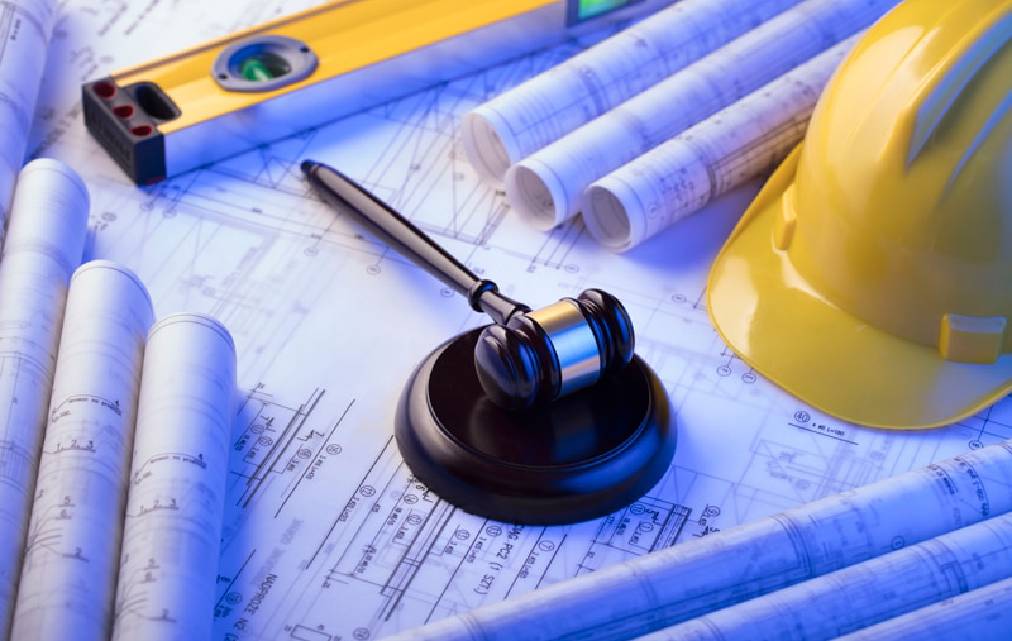
Category : Blog
Date :10 feb 2025
Author : Ravi
Why Lien Waivers Are Essential for Real Estate Developers and Property Owners
Understanding Lien Waivers in Construction
In real estate development and construction, lien waivers play a critical role in protecting property owners, developers, and contractors from financial and legal disputes. A lien waiver is a legal document that waives a contractor’s, subcontractor’s, or supplier’s right to place a mechanic’s lien on a property once payment is received. These waivers ensure smooth payment processes and prevent future claims.
Types of Lien Waivers
There are two key types of lien waivers, and both are crucial at different stages of the payment process:
- Conditional Lien Waiver – Signed before payment is received, ensuring that lien rights remain intact until the payment clears.
- Unconditional Lien Waiver – Signed after payment is received, permanently waiving lien rights.
Why Every Developer and Owner Must Enforce Lien Waivers
To protect a project from legal risks, every owner or developer should require both types of lien waivers from the General Contractor (GC) for each payment. Similarly, the GC must obtain these waivers from all subcontractors before and after making payments.
However, in many projects:
- General Contractors avoid signing lien waivers with owners.
- Subcontractors fail to provide lien waivers to the GC.
This creates a serious liability for property owners, as a contractor or subcontractor can file a lien at any time if proper waivers are not in place. Without lien waivers, disputes over payments can delay closings, disrupt financing, and lead to costly legal battles.
The Common Challenge: Keeping Lien Waivers Up to Date
One of the biggest challenges real estate developers and owners face is ensuring that all lien waivers are properly collected and stored for every payment throughout the project. If lien waivers are not consistently signed between the owner and GC, and between the GC and subcontractors, the property remains at risk for unpaid claims.
To avoid this issue, owners must enforce strict requirements for GCs and subcontractors to sign timely lien waivers and securely store them for future reference.
Automating Lien Waivers with Construction Management Software
Currently, very few software solutions provide built-in lien waiver management. We have been using SuperConstruct, a construction management platform that automates lien waivers, ensuring they are timely signed and securely stored. This has saved significant time for both owners and GCs, reducing administrative hassle while protecting projects from legal risks.
Bottom Line
For ground-up construction, interior build-outs, and land development projects, developers and property owners must have a clear understanding of lien waivers. Enforcing proper lien waiver procedures eliminates legal risks, ensures smooth payments, and safeguards projects from unexpected claims. Automating this process with reliable construction management software can significantly improve efficiency and project security.

